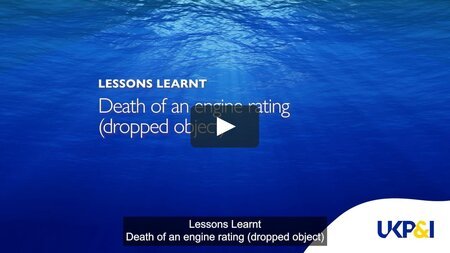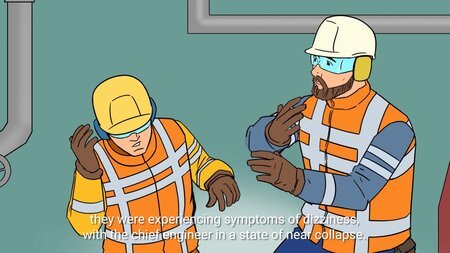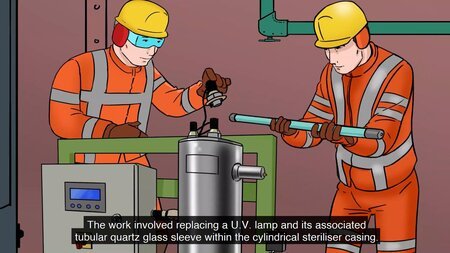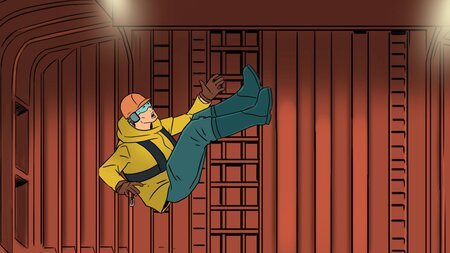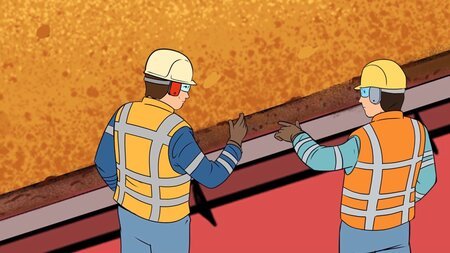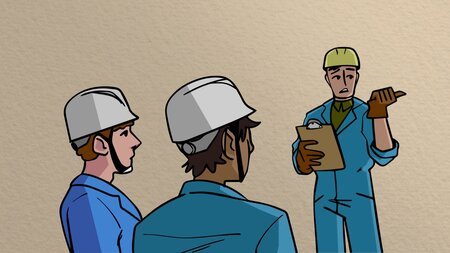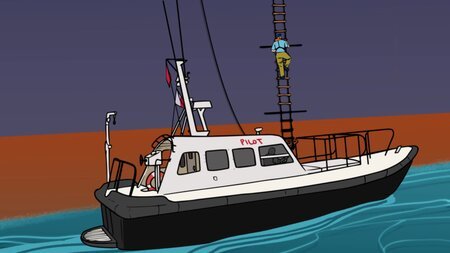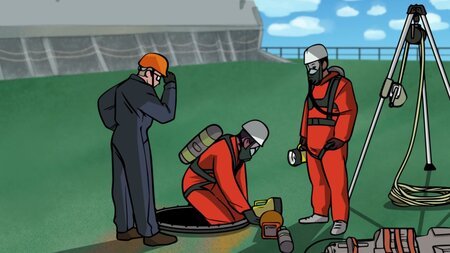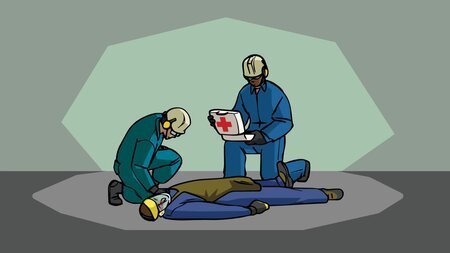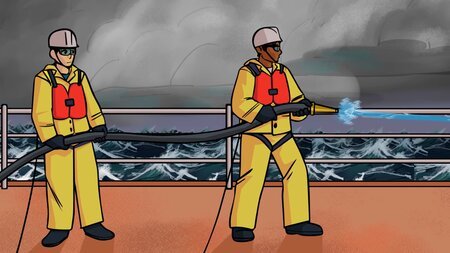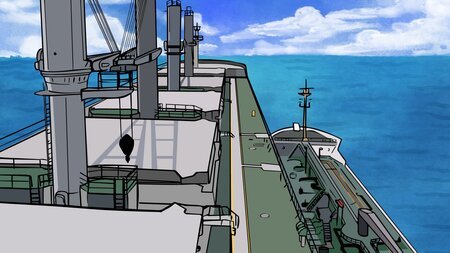Lessons Learnt: Death of an Engine Rating
13/04/2023
Lessons Learnt: Fall in Cargo Hold
16/06/2021
Lessons Learnt: Wet Damage to Cargo of Maize
08/04/2021
Lessons Learnt: Burn Injury to Engineer
08/01/2021
Lessons Learnt: Serious Injury to Pilot
14/08/2020
Lessons Learnt: Enclosed Space Fatality
05/06/2020
Lessons Learnt: Mooring Injury
16/04/2020
Lessons Learnt: Eye Injury to Fitter
31/01/2020
Lessons Learnt: Bunker Spill
18/06/2019

